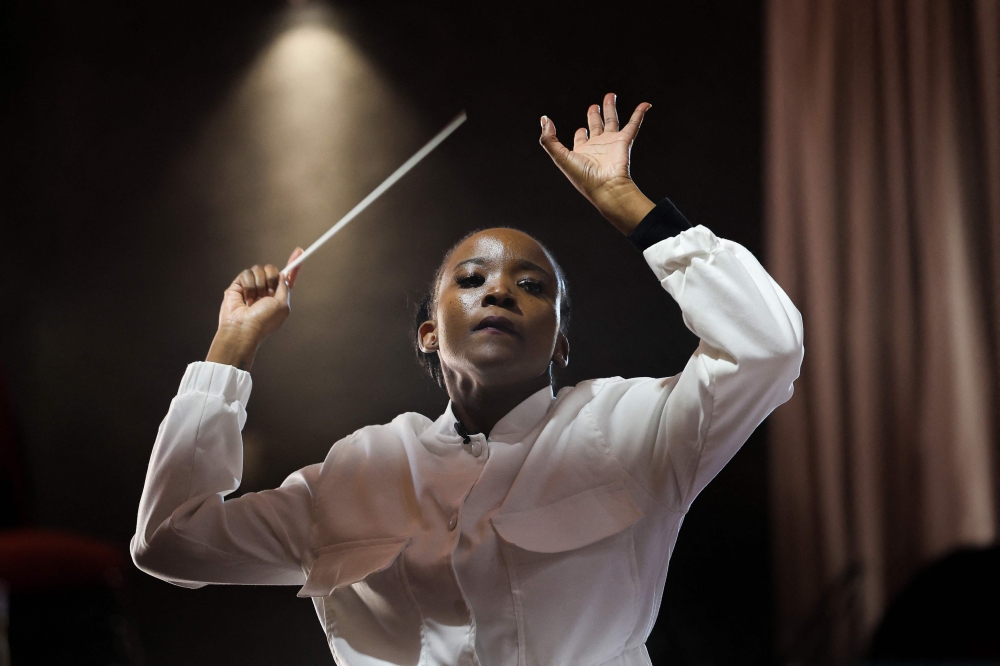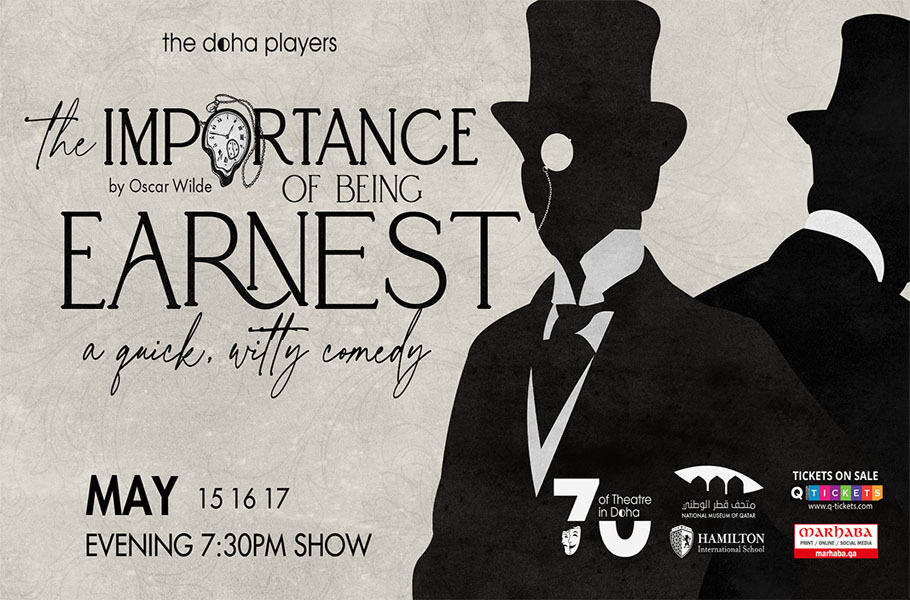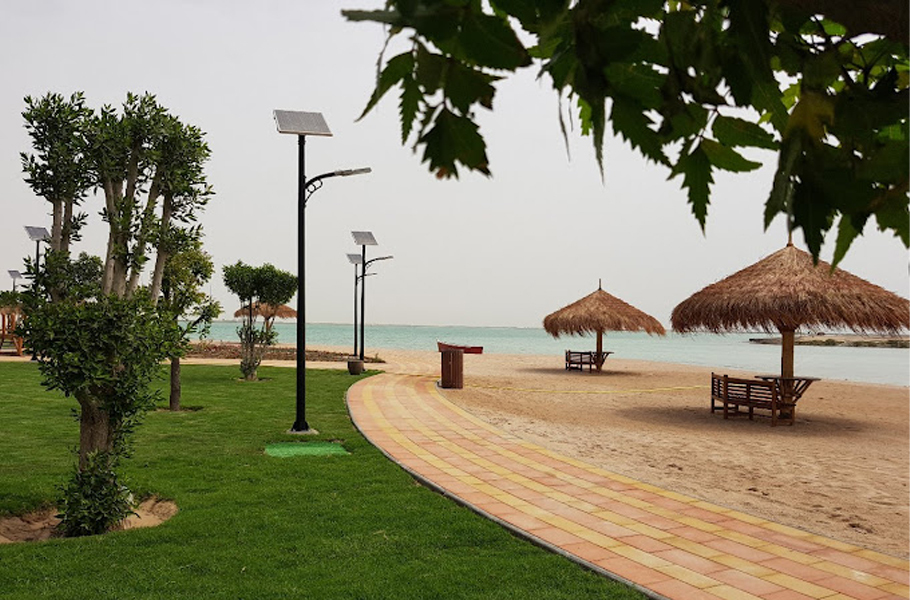Ofentse Pitse, 31, is a trailblazing woman from Mabopane, a township approximately forty kilometers (25 miles) northwest of Pretoria. She is the first black South African woman to own and manage her own orchestra. She exudes a fierce sense of fun as she passionately waves her conducting baton in a dimly lit auditorium in Johannesburg, ahead of an unprecedented performance.
Now, she is producing a show that brings together classical music and popular South African genre, amapiano, which developed from a mix of kwaito, South Africa’s take on house music, and the more international variety.
Pitse grew up with a family that was deeply involved in a Salvation Army church and recalls her pastor urging her to play an instrument.
At 12 years old, Pitse said she “got taught how to play C scale… and the evolution of that was my love for classical music, my love for choral and opera.”
By the age of 25, she had started her own youth choir and she later approached classical musicians and built a 40-piece orchestra.
Some of the musicians who were part of her all-black orchestra joined Pitse and other musicians on stage last week for an opera featuring various amapiano artists such as Kabza De Small, one of the pioneers of the genre.
Speaking to AFP at a rehearsal, Pitse said De Small’s approach to music is similar to opera and that inspired the idea of creating “an amapiano opera” where she would reimagine his songs.
An elegant, unfamiliar version of “Nana Thula”, a popular song by Kabza De Small and DJ Maphorisa, filled the room as a choir sang softly, backed by violins and a saxophone.
The duo, who go by the name Scorpion Kings, each enjoy fame and an international following, having produced some of the most notable amapiano tracks.
“I want to do African works… imagine the juxtaposition of these classically trained musicians and these musicians who just feel by spirit, and we combine that,” an excited Pitse said of the show.
‘A gift’
As the ensemble performed some of the biggest amapiano hits, Pitse became lost in the music, dancing slightly to the beat while maintaining her poise, often with a face full of emotion.
She told AFP she steered away from being stern in her conducting and prefers to lead “with passion… to add that motherly, sensitive, very genuine” vibe.
But a career in classical music was not always her dream, rather “a gift”.
Last year, the qualified architect led a 74-piece female orchestra rendition of Alicia Keys’ “If I Ain’t Got You” alongside the Grammy award-winning artist for Netflix’s “Queen Charlotte”, a spinoff of the popular “Bridgerton” televised drama.
The performance was the “greatest accomplishment of my career”, she said. “For me it was like ‘wow, so women can really create at this level?'”.
Pitse said her driving force was advancing youth opportunities and inspiring women of colour.
‘Meticulous detailing’
But success and recognition has also brought pressure, she admitted.
Being young and black in a white male-dominated industry, she said there was often someone checking to see if she really knew what she was doing.
Sometimes observers “would want to put in a sly comment that does not have anything to do with music… so you have to be overly prepared”.
Sporting flared black pants, a white jacket, and her signature braided updo, Pitse joked with the crew in between takes.
She is an avid fan of Beyonce, and her dream job would be to work alongside the American singer, whose work ethic she idolizes.
For a two-hour event, Beyoncé will rehearse her dance for four months and her band for an additional four months. She said, “Wow, that’s really detailed,” and that she takes the same approach to her own concerts.
Pitse aspires to carry forward with her own body of work next.
“I want people to transcend, and I make music for the academics of classical music” so “those who have never been to a theatre” , she stated.

















Leave a Reply